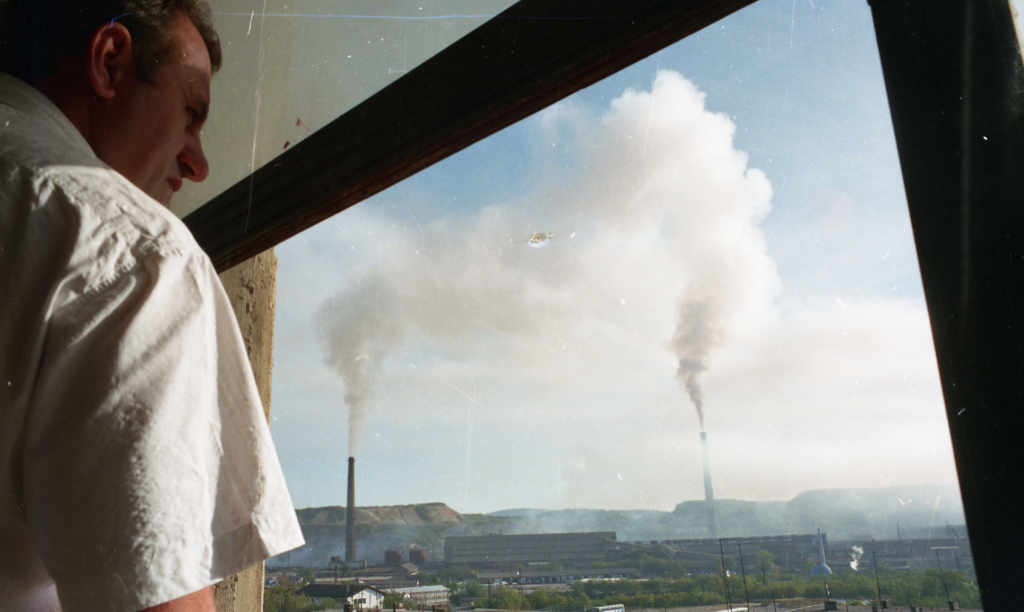
WORKSHOP 3
Course convened by Mitesh Dixit
“...a map [is] not a tracing...the map is entirely oriented toward an experimentation in contact with the real. The map does not reproduce an unconscious closed contact with the real; it constructs the unconscious. It fosters connections between fields, removal of blockages on bodies without organs.”
G. Deleuze and F. Guattari, A Thousand Plateaus: Capitalism and Schizophrenia (1980)
This workshop investigates the role of mapping in shaping and representing spatial realities, particularly in the context of extractive industries and urban growth. Traditionally, maps have been seen as neutral depictions of geography, but this course challenges that notion, asserting that maps actively construct reality by emphasizing certain features while excluding others.
Focusing on Bor, Serbia, a region shaped by copper mining since 1903, this course explores the profound impact of extraction on urban configurations, territorial boundaries, and social structures. It encourages students to develop technical and intellectual skills to critically examine these influences through the combined use of forensics, data analysis, and physical documentation. By employing digital and analog mapping techniques, students will learn to challenge traditional cartographic methodologies and generate new ways of visualizing and documenting the built environment.
Students will gain practical proficiency in GIS, 3D modeling, and data visualization tools through discussions, readings, and hands-on workshops. These methods will equip them to dissect the multifaceted impacts of mining on urban spaces, fostering a reimagined understanding of spatial representation beyond the ocularcentric and Cartesian frameworks.